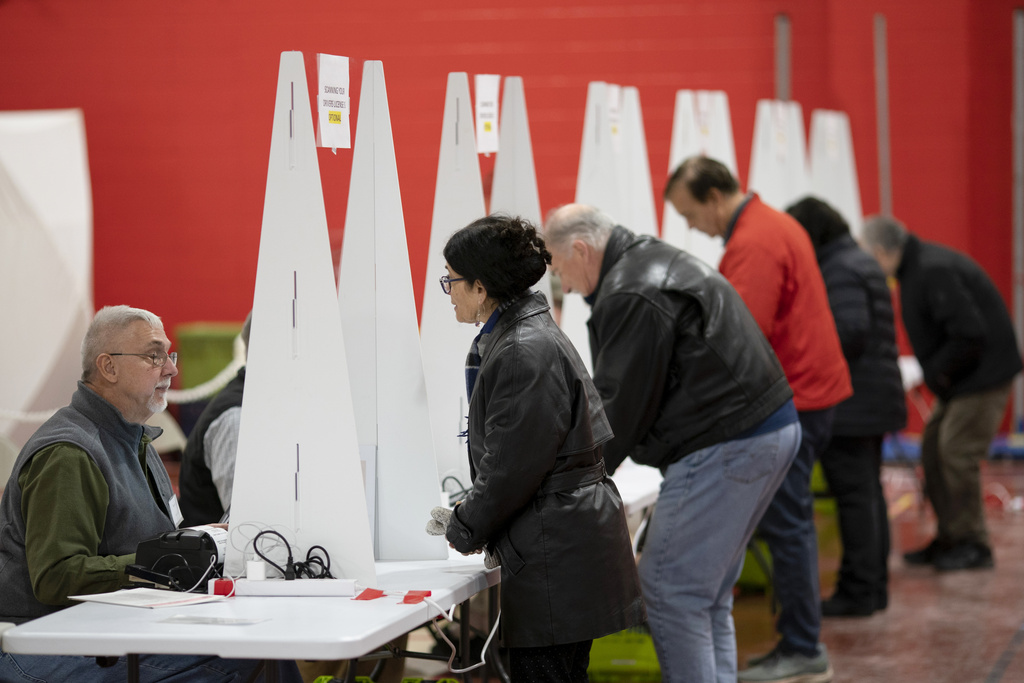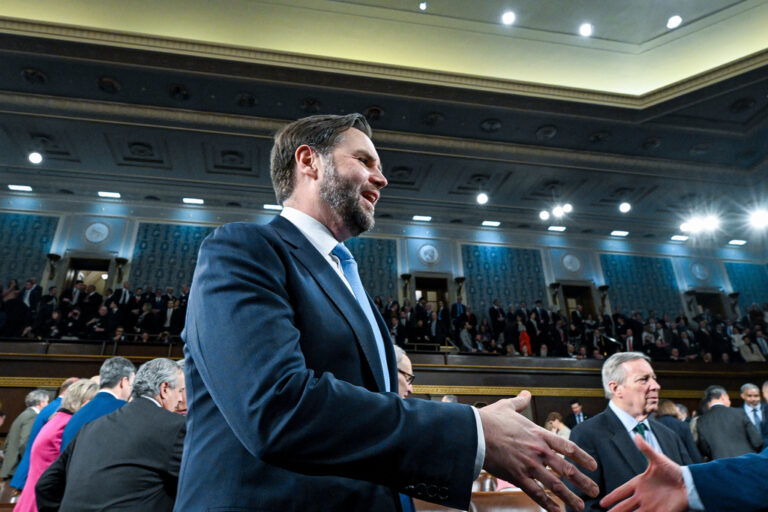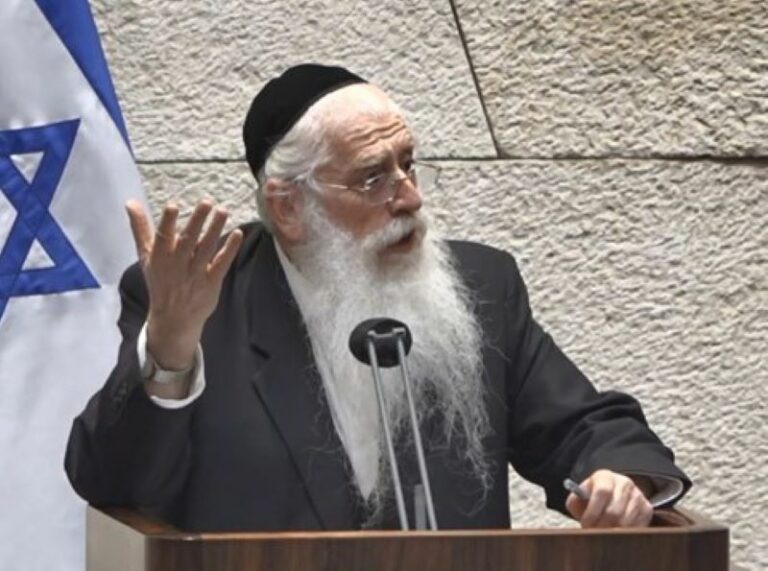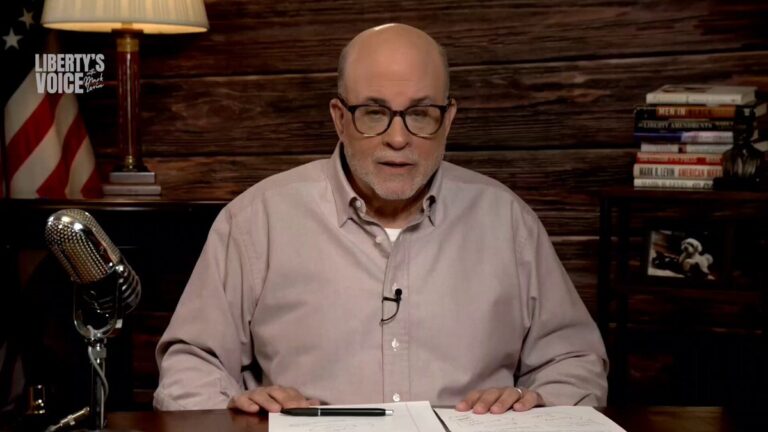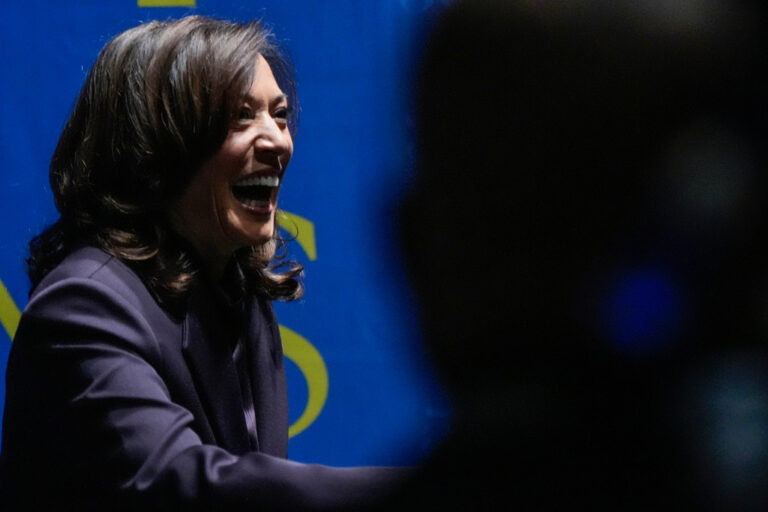Before they can name their next presidential nominee, Democrats will have to decide which state will weigh in first.
In 2022, President Joe Biden forced a shake-up of the 2024 election calendar, moving South Carolina’s primary ahead of contests in Iowa, New Hampshire and Nevada. Officials in those traditionally four early-voting states are now positioning themselves to get top billing nearly two years before the Democratic National Committee solidifies the order. Others may make a play, too.
It’s a fraught choice for a party already wrestling with questions about its direction after losing November’s White House election to Republican Donald Trump. Each state offers advantages to different candidates and elevates — or diminishes — different parts of the Democratic base.
For now, 2028 prospects are making early-state visits, giving a glimpse into what they may see as their own path to the nomination.
Illinois Gov. JB Pritzker was the keynote speaker at a dinner last month for New Hampshire Democrats, visiting a majority white state known for its engaged electorate and independent streak. Maryland Gov. Wes Moore, the state’s first Black governor, will appear later this month at a similar party event in South Carolina, where Black voters are the party’s most influential voting group.
Pete Buttigieg will join a VoteVets Action Fund gathering in Iowa on Tuesday, marking the former presidential candidate’s first public in-person event since leaving his post as Biden’s transportation secretary. Buttigieg performed well in the 2020 caucuses, which were marred by technical glitches that prevented the declaration of a winner.
Iowa looks past snub for ‘fair’ shot in 2028
Biden and others pushed to open the 2024 cycle with a more diverse state than traditional leadoff Iowa, which is 90% white, according to census data.
Gone was a five-decade institution of Iowa Democrats engaging in a one-night spectacle where community members publicly signaled their support for a candidate. Last year, they held caucuses eight days before any other state’s contest, as is required by Iowa law. But Democratic voters had cast their 2024 presidential preference ballots by mail, with results released that March on Super Tuesday alongside other states.
Biden “picked the calendar that worked for him,” said Scott Brennan, who serves on the DNC’s Rules and Bylaws Committee and previously chaired the Iowa Democratic Party. “When you’re the president, you can do those things. But I don’t know that people in Iowa thought it was very fair.”
For now, Iowa Democratic leaders emphasize that their focus is on the 2026 election, when two of Iowa’s four congressional districts will be competitive opportunities to unseat Republicans. Democrats have recently struggled on all electoral fronts in Iowa and have significantly diminished party registration numbers, which some blamed on the loss of the caucuses.
But Brennan said many Iowa Democrats continue to believe that the presidential nominating process is well served by Iowa’s early role in it, even if the 2028 format is up in the air.
“We took everyone at their word that all bets are off for 2028,” Brennan said. “We expect that there will be a fair process and that we will be given every consideration to be an early state.”
Former U.S. Rep. Dave Nagle was more blunt in proposing that the state party commit to first-in-the-nation status regardless, as he did as chair in 1984 when the national party threatened to upend Iowa and New Hampshire’s delegate selection process over noncompliance with timing rules. The two states formed an alliance, getting six of the presidential candidates on their side.
“All we have to do is look at the Democratic National Committee and say, ‘Sorry, we’re going first,’” Nagle said. “It’s ours if we have the courage.”
New Hampshire survives threats after rebellion
New Hampshire rebelled in 2024, holding an unsanctioned primary in January. Biden did not put his name on the ballot or campaign there but won as a write-in.
Three months later, the DNC dropped its threat to not seat the state’s national convention delegates.
Until Biden’s formal request of the DNC to approve his proposed calendar, New Hampshire Democrats thought they were in a good place with work behind the scenes, said the state party chairman, Ray Buckley. He said that effort will continue heading into 2028.
“This is going to be much more of a level playing field,” Buckley said. “There’s no reason to come in with a two-ton thumb and put it on the scale.”
It does not hurt their case that New Hampshire law requires the primary to be scheduled before any other similar contest.
Kathy Sullivan, formerly a state party chair and member of the DNC’s rulemaking arm, said it is possible that the “train has left the station” for Iowa’s hope of returning to its first-place position, given the 2020 problems and the fact that it gave in to the DNC in 2024.
“I don’t know if that helps them in terms of goodwill or hurts them in that they basically gave up the caucuses,” she said. “New Hampshire took the opposite tack, we had our primary despite what the DNC said, and our delegates ended up being seated despite the threats.”
Never-first Nevada wants top billing
Democratic leaders in Nevada, which held its 2024 Democratic primary just days after South Carolina’s, have also been pushing to keep their state early in the nominating conversation, although the state’s location in the West has traditionally made it less-visited by White House hopefuls.
In a December statement, the state party chair, Daniele Monroe-Moreno, pointed to the state’s nonwhite population, union representation and education-level diversity as reasons for Nevada to kick off the 2028 calendar. Nevada is 30% Latino, census data shows, and has significant Black and Asian populations.
“If Democrats want to win back working class voters and rebuild our broad coalition of voters of color, we should elevate the most working class and most diverse battleground state in the nation to be the first presidential preference primary for the 2028 cycle,” Monroe-Moreno said.
“Nevada is the battleground state that best reflects our growing nation,” she said, and the party “cannot afford to let overwhelmingly college-educated, white or less competitive states start the process of winnowing the field again in 2028.”
South Carolina seeks another go at No. 1
As the first-in-the-South primary state, where Black voters play a significant role in Democratic voting, South Carolina long promoted its role in picking a nominee after the first set of contests winnowed the field.
But Christale Spain, who is expected to win her second term as state party chair, said she will make the argument to national Democratic leaders that South Carolina should stay in the No. 1 slot.
“It’s our plan to really work to stay first in the nation,” Spain said.
At the end of May, Moore is set to headline the South Carolina Democratic Party’s Blue Palmetto Dinner, a signature fundraiser that has recently hosted Democratic stars as its keynote speakers, including Jennifer Granholm, a former Michigan governor and Biden energy secretary, and Sens. Cory Booker of New Jersey and Raphael Warnock of Georgia.
Then-Vice President Kamala Harris used her 2022 speech as an official “thank you” to South Carolina for providing the key primary support that revived Biden’s flagging 2020 presidential campaign after a series of losses in other early-voting states.
Spain will have to make her argument anew without Biden in the White House and Jaime Harrison, a South Carolina native who recently ended his term as national Democratic chair, helming the party.
“I think you get what you need from an electorate in South Carolina,” Spain said. “All those things matter — the stuff that’s happening with the veterans, all our colleges and institutions, the role of Black folks — in a Democratic primary.
“We have more to offer than other states do,” she said.
(AP)

